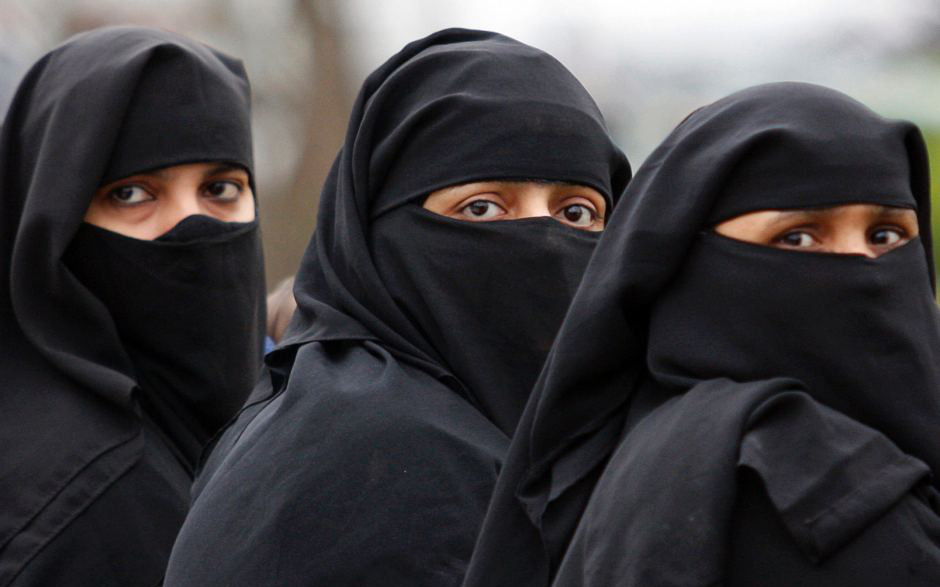Americans for Democracy & Human Rights in Bahrain (ADHRB) strongly condemns the election of Saudi Arabia to the United Nations Women’s Rights Commission. The kingdom’s election to the Commission grants it influence on a range of women’s issues despite its own policies of strict gender separation and male guardianship.
The Commission on the Status of Women is the principle United Nations body exclusively dedicated to the empowerment of women and the promotion of gender equality. It is a commission of the Economic and Social Council (ECOSOC) and has 45 members. Its goal is to “promote women’s rights, document the reality of women’s lives throughout the world, and shape global standards on gender equality and the empowerment of women.” Saudi Arabia won election to the Commission after at least five EU states voted in a secret ballot to give the kingdom a four-year term.
“In Saudi Arabia, women are unable to marry, travel, or even go to the hospital without the approval of their male guardian,” states Husain Abdulla, the Executive Director of ADHRB. “These gender policies effectively render women second class citizens and establish the country as one of the world’s most hostile to women’s empowerment and gender equality. As this record on women’s rights speaks for itself, it is truly baffling how states think they can count on such a country to not only support women’s rights around the world, but lead the charge.”
Women in Saudi Arabia are subject to male control due to the country’s system of male guardianship. The kingdom’s male guardianship requires women to receive approval from a male guardian—usually their father or husband, though occasionally their brother or son—before they can undertake a number of tasks, including marrying, traveling, or exiting prison. Women may also need their guardian’s consent in order to work or access healthcare and they regularly face difficulty conducting a range of transactions, from renting an apartment to filing legal claims, without a male relative.
Recently, there has been pushback to the guardianship system. In late 2016, women’s rights activists delivered a petition to the king urging the end of the guardianship system. After one month, the petition had garnered nearly 15,000 signatures from men and women of all backgrounds and regions of the kingdom. After Human Rights Watch published a report on the guardianship system in July 2016, a social media campaign arose organically as women began tweeting in support of ending the system under the hashtag #IAmMyOwnGuardian.
Despite this, several high profile incidents have demonstrated the pervasive power of the guardianship system. On 13 April, Saudi authorities reportedly helped members of Dina Ali Lasloom’s family forcibly return her to Saudi Arabia from Manila, Philippines after she attempted to flee to Australia to claim political asylum and escape a forced marriage. That same day, Saudi officials detained Alaa Anazi, a 23-year-old medical student who was waiting at the Riyadh airport for Lasloom to be brought back to Saudi Arabia. Anazi was sent to a “women’s shelter” for allegedly taking photographs of security vehicles and personnel at the Riyadh airport. More recently, officials arrested women’s rights activist Maryam al-Otaibi after she fled her father’s home to live by herself in Riyadh.
“Saudi Arabia’s election to the UN’s Commission on the Status of Women makes a mockery of any attempts by the Commission to promote women’s rights and gender equality,” states Husain Abdulla. “It is impossible to see how Saudi’s participation on this commission will be of any help to women around the world when women in the kingdom are denied even their most basic rights. The states that elected Saudi Arabia should be ashamed of themselves.”





